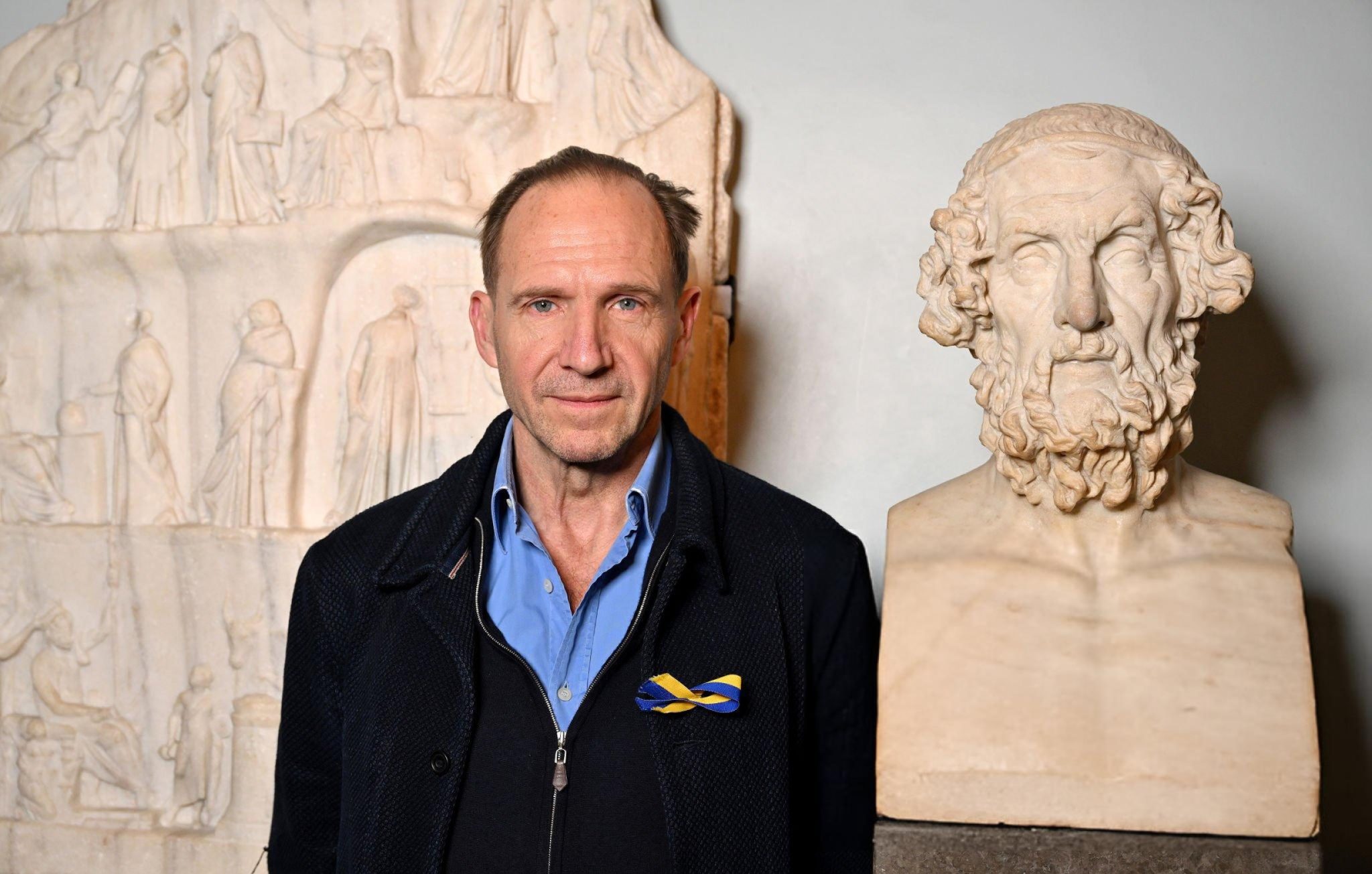It is not every day that life imitates art so swiftly. Yet, in a turn that feels almost scripted, mere weeks after Ralph Fiennes graced our screens in Conclave, we are now witnessing the real thing unfold. With the death of Pope Francis on Easter Monday, the cardinals of the Roman Catholic Church — those under the age of 80 — are now gathering within the hallowed walls of the Sistine Chapel to elect a new pontiff.
Naturally, our perceptions are now coloured by the cinematic lens. One can’t help but wonder: who among the real-life cardinals echoes Stanley Tucci’s watchful gravitas or Lucian Msamati’s measured resolve? It is a curious alignment of fiction and reality, one that stirs a familiar fascination — our enduring intrigue with cloistered worlds, bound by ritual and custom, seemingly untouched by the distractions of the modern age.
“Secretive,” the headlines cry, as if to suggest something illicit or enigmatic. Yet in truth, the conclave is no more clandestine than any secure appointment process — merely cloaked in the ceremonial vestiges of a Church that has survived empires, wars, and schisms. The silence, the locked doors, and the swearing of oaths are not mere pageantry; they are echoes of an era when kings and emperors sought to bend papal authority to their own political will. In fact, up until the early 20th century, the Austro-Hungarian Emperor held a formal right to veto a papal candidate — a stark reminder of the external pressures the Church once faced.
The conclave, therefore, is not just theatre; it is a deliberate stand for independence — an institution resisting co-option by transient political forces. That this continues to matter in 2025 is not anachronism but necessity. We live in a world where even heads of state are beholden to domestic populism, to cycles of re-election, and to the narrowing imperatives of national interest. The papacy — however imperfect — remains one of the few global institutions capable of offering a moral voice untethered from national allegiance.
This does not mean papal voices are neutral or universally accepted. Pope Francis himself faced criticism — particularly in relation to Ukraine, Gaza, and his cautious dealings with China. Yet these were not instances of political partisanship. Rather, they reflected his broader commitment to peace, dialogue, and the dignity of every person. His landmark encyclicals on the environment and social justice challenged both the right and the left, reminding us that our future depends on mutual care and global cooperation.
Pope Francis’s moral leadership was not rooted in abstract theology but in urgent reality: the climate crisis, refugee displacement, economic injustice, and rising xenophobia. His voice — unconstrained by national politics — was able to call on the world to transcend borders, to look each other in the eye, and to act on our shared humanity. That is why the conclave matters not only to Catholics, but to anyone invested in the moral direction of our interconnected world.
As the cardinals gather in the Sistine Chapel, they do more than choose a new religious leader. They select a figure whose voice may help reorient our moral compass. In an age of fragmentation, polarisation, and distrust, such a voice — free from national self-interest — is more essential than ever.
So no, this is not merely the sequel to a gripping film. This is a real moment, and it holds significance for all of us. At a time when too many leaders speak only for their own, we are reminded that the world desperately needs a voice that speaks for us all. The conclave, in its solemnity and purpose, is our rare chance to listen.






